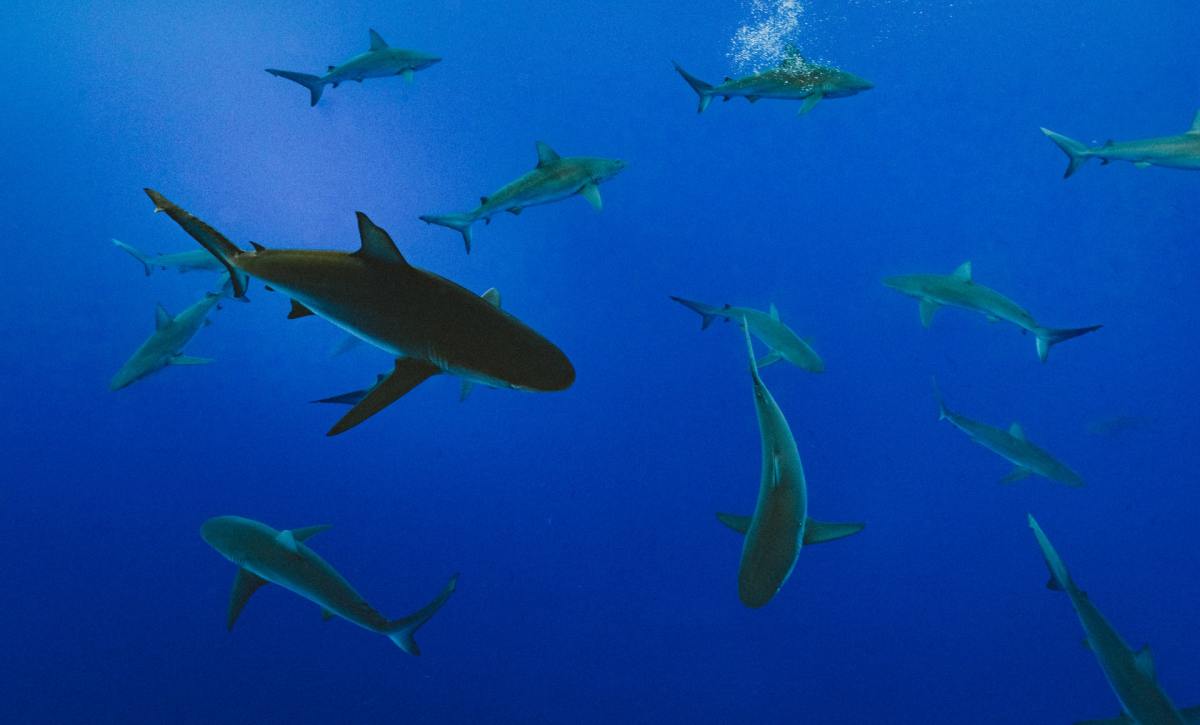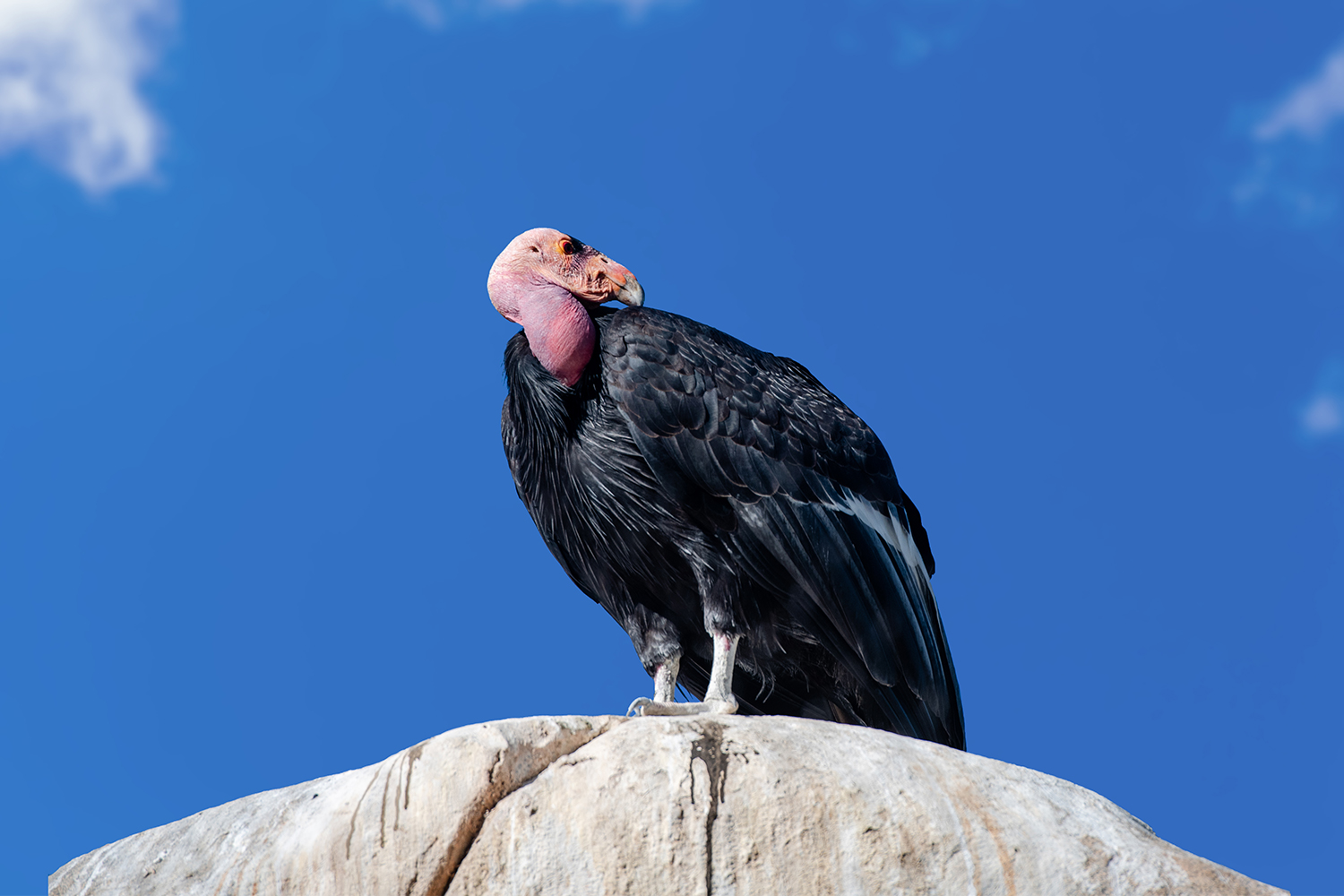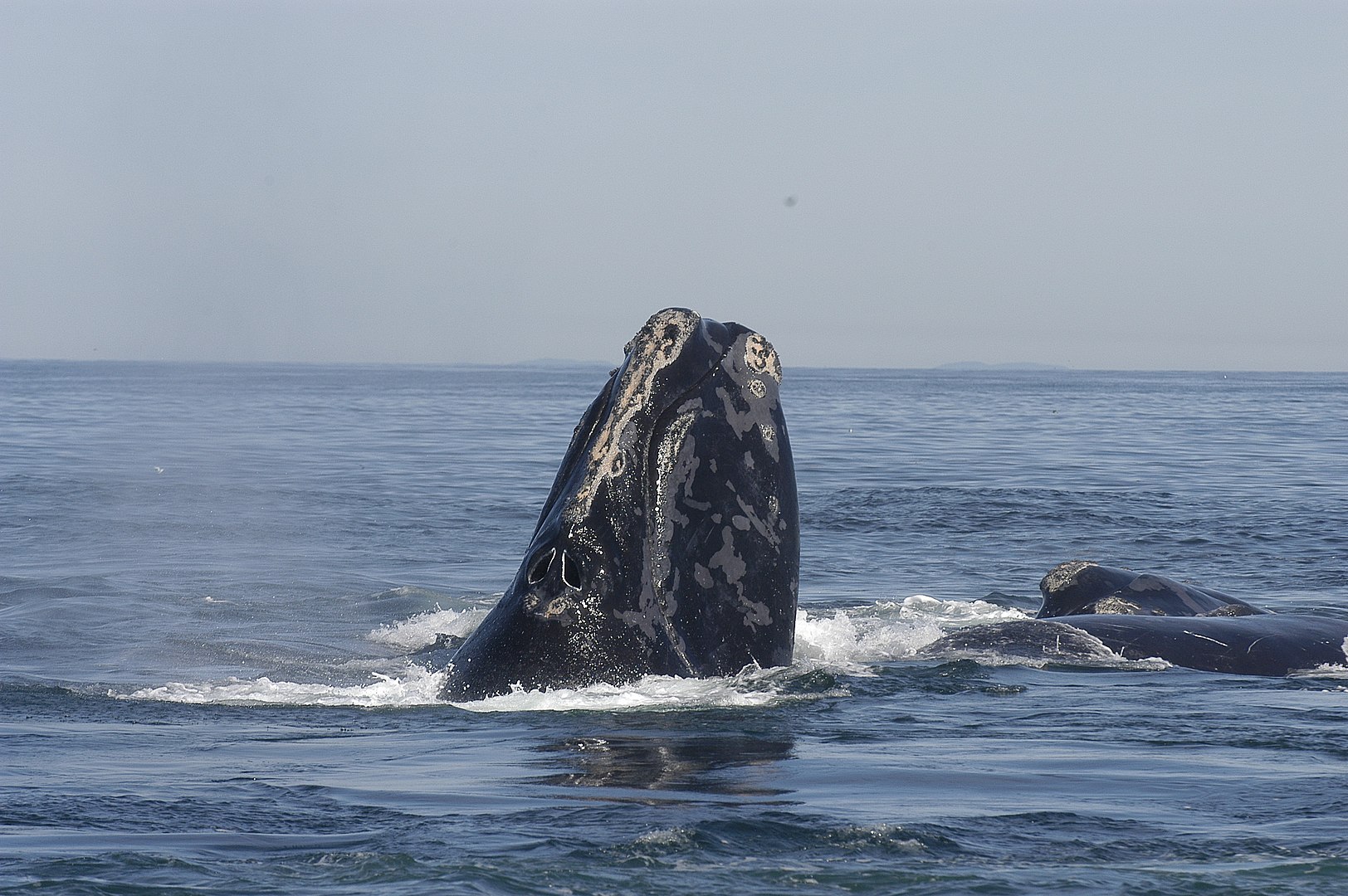19 million years ago, the planet was in the midst of the Miocene epoch, a period in which numerous ancestors of today’s flora and fauna abounded across the earth. The Miocene is when humanity’s ancestors began to evolve as a distinct branch from chimpanzees; they’re also when a host of geological events helped to transform the world. And sometime in the midst of all of this, an event or phenomenon devastated the world’s shark population.
That word is not used lightly. Had things gone differently, there would be no sharks on the planet today. Jaws would not be hailed as the first summer blockbuster, because there would be no such thing as sharks. Jason Statham would not punch a giant shark in The Meg because, again, no sharks. What almost brought the evolutionary line of sharks to an end? Well, that’s the other unsettling bit: no one knows for sure.
At The New York Times, Katherine Kornei wrote about the recent discoveries that led to this bit of ancient knowledge. The article cites the work of Yale University’s Elizabeth C. Sibert, who noticed something peculiar when exploring mud that encompassed 40 million years’ worth of history. At some point, 19 million years ago, the shark population became much less numerous.
Sibert is a co-author of a recent paper on the mass extinction. Said paper also observes that the effects of this event are still being felt today: “Modern shark forms began to diversify within 2 to 5 million years after the extinction, but they represent only a minor sliver of what sharks once were.”
The scope of this events was global, but its causes remain unknown — and that might well be the most alarming element of all here.
Thanks for reading InsideHook. Sign up for our daily newsletter and be in the know.

















